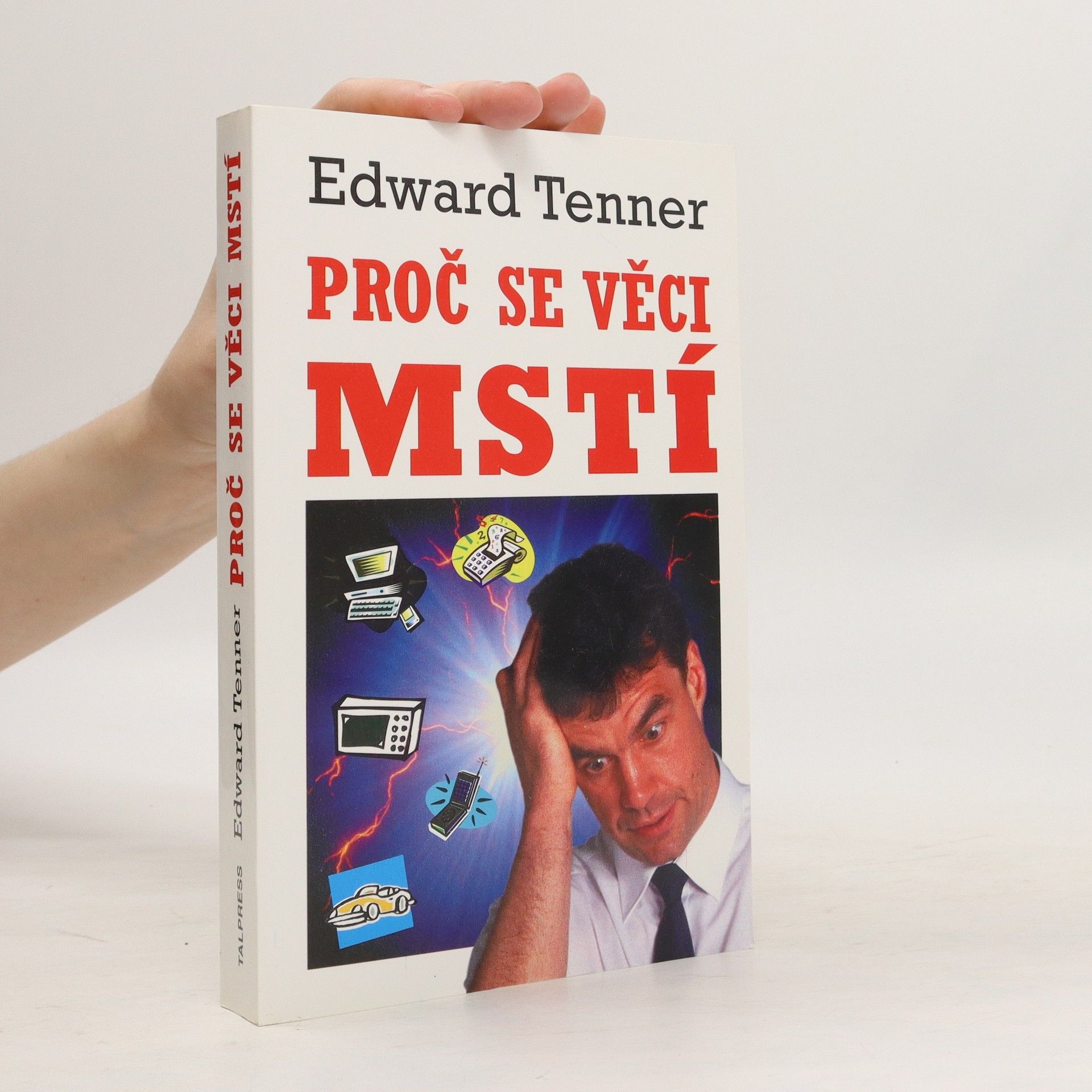Proč se věci mstí : technologie a odplata nezamýšleného následku
- 414 stránek
- 15 hodin čtení
V době, kdy všichni stále více používáme zařízení, jejichž vývoj sahá do relativně daleiké minulosti, přichází Edward Tenner s hlubokou analýzou vztahu mezi člověkem a přístroji. Uvádí velké množství citací z vědeckých prací a dostupné literatury, zabývající se často negativními průvodními jevy objevování nových technologií na poli medicíny, životního prostředí,, kanceláře a další, českému čtenáři neznámé skutečnosti. Vzájemným porovnáním těchto jevů a jejich dopadem na sociální a kulturní kontext dané epochy, včetně té naší, vytváří velice plastický obraz současné reality tak, jak si ji málokdy máme čas uvědomit. Lehce čtivé a přitom obohacující: nejen o znalosti evropských dějin, ale i o náhled do lidských duší.


